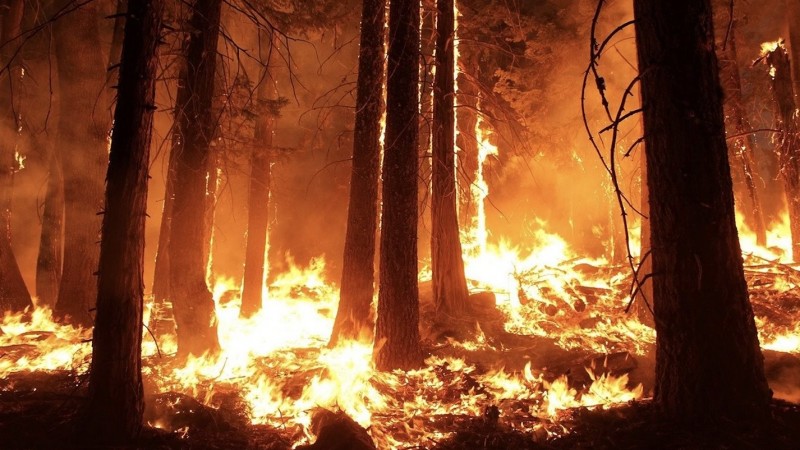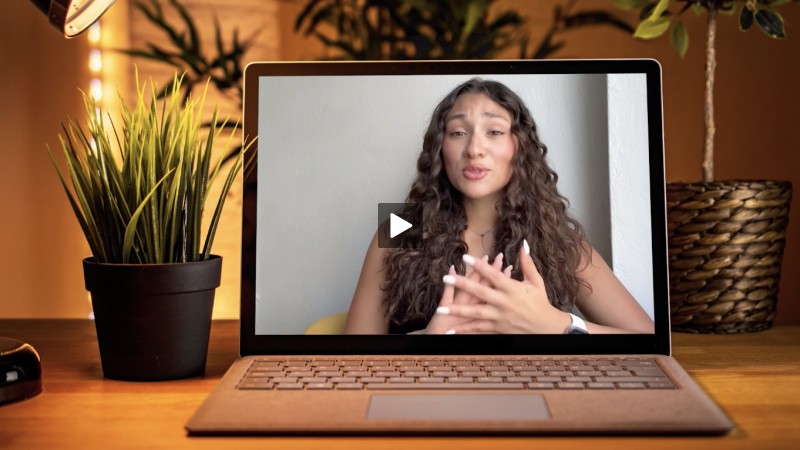How to Help When a Disaster Strikes
- Details
- Written by The FoolProof Team
- Category: Articles

Hurricanes. Floods. Tornados. Wild Fires. Blizzards. Avalanches. Earthquakes. These are just a few of the many natural disasters that occur. When a disaster occurs many of us want to help but aren't sure how. Here are some tips to help.
When a disaster occurs many of us want to help but aren't sure how. Here are some tips to help.
Donate Cash
Many relief organizations state that the best and fastest way to help is by making a cash donation. This allows the organizations the flexibility to address the immediate needs of the disaster area.
Donate to organizations you know and trust that have a proven record for dealing with disasters. The website for National Voluntary Organizations Active in Disaster lists national and state organizations with links to their sites.
Always check out an organization before making a donation.
Research the organization. Check them out using the Better Business Bureau's (BBB) Wise Giving Alliance, Charity Watch, or Charity Navigator, sites.
Determine how much of your donation will go directly to help people.
Don't donate to anyone that insists on payment by cash, gift card, wiring money or cryptocurrency. That's a red flag that it's a scam.
Be cautious about donating on a crowdfunding site. Check out the platform's policies such as verifing posting asking for help after a disaster. Also note that donating through a crowdfunding site is not tax deductible.
Before donating by text, confirm the number by calling the organization or checking the organization's website.
-
For more tips about donating safely and avoiding scams, check out this FTC article.
Solicited Donations
Relief organizations know what they need and when they will need it. They will ask for specific items at those specific times. When the news items or social media posts indicate that specific items are needed, verify who is asking as they might not be well informed. Please don't provide items that haven't been asked for. Providing unsolicited donations can create problems with management and storage of those items and may not meet the needs of the survivors.
Before providing any donations, verify that the group asking is a local, state, or federal agency or a relief organization. In addition, many faith communities work with relief organizations to provide specific items when requested. Other groups and individuals that try to collect and deliver items to disaster areas are well-meaning but unless they have contacted or partnered with a relief agency they can cause issues for the trained relief organizations.
Volunteer to Help at the Appropriate Time
Immediately after a disaster is not the time to rush to help. Unless you are trained in emergency response and have been asked to deploy, don't. To volunteer, contact a relief agency to see what help is needed and when. You can usually find information about volunteering on an agency's website.
If you want to be prepared to help with future disasters, check with relief organizations in your area about training opportunities or other ways to assist. For example, some organizations put together emergency kits that will be distributed when a disaster strikes.
Remember, Help Will Be Needed for Many Months
Recovery from disasters can take many months, even years. So don't forget about those impacted by the disaster. Continue to support your chosen relief agencies by making regular contributions, volunteering, or providing requested supplies.


































